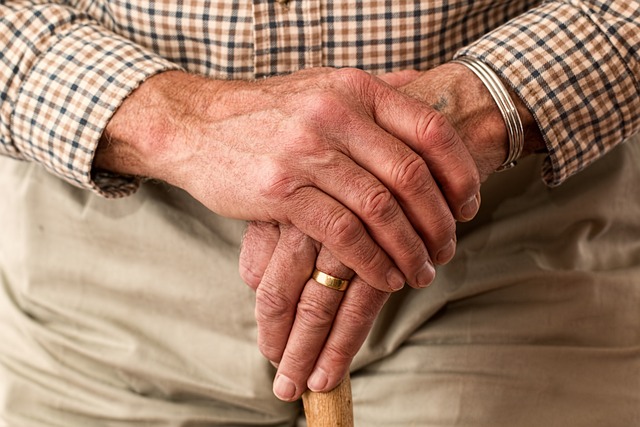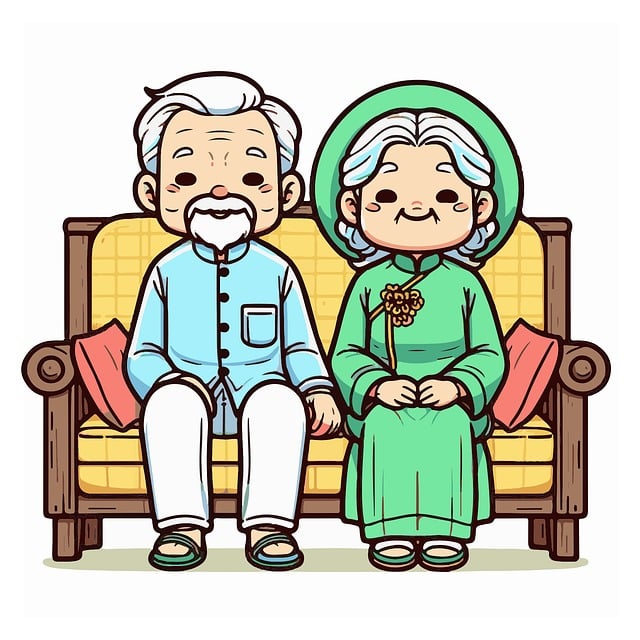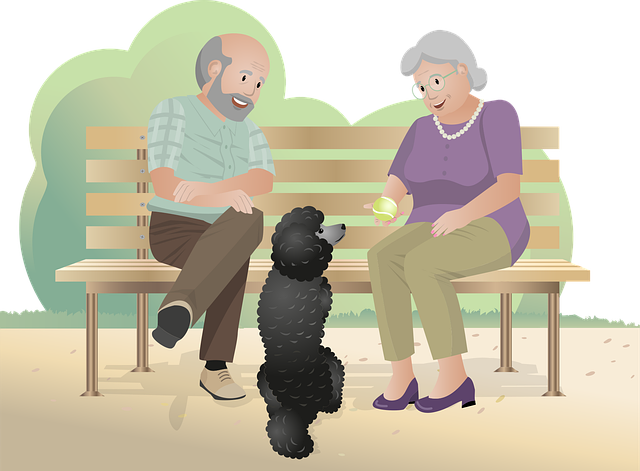Managing medications is a significant challenge for seniors, impacting their health and well-being. As the aging population grows, Elderly Companion Services play a crucial role in supporting accurate and timely medication adherence. These services help organize pills, create visual aids, and set reminders, reducing errors and improving outcomes. By providing personalized care, companionship, and guidance on side effects, they enhance security and independence for seniors, particularly those with cognitive changes or limited mobility. Effective strategies for medication management include digital reminders, smart pill dispensers, visual cues, timers, and family/caregiver involvement. Collaborative approaches combined with technology help seniors better manage medications, leading to improved health outcomes.
As people age, managing medications can become a complex task. The challenges of remembering doses, tracking prescriptions, and ensuring adherence to regimens are significant for seniors. This article explores effective strategies to tackle these issues, focusing on the crucial role of elderly companion services in medication management. We delve into how these services not only remind seniors of their pills but also monitor adherence, promoting better health outcomes. Understanding these challenges is the first step towards enhancing the quality of life for our aging population.
- Understanding the Challenges of Medication Management for Seniors
- The Role of Elderly Companion Services in Reminding and Monitoring Medications
- Effective Strategies and Tools for Senior Medication Reminders
Understanding the Challenges of Medication Management for Seniors

Managing medications can be a complex task for seniors, often leading to challenges that impact their overall health and well-being. As the population ages, medication management has become a critical aspect of elderly care. The elderly often take multiple medications for various health conditions, making it easy to forget doses or mix up similar-looking pills. This is where Elderly Companion Services step in as a valuable resource.
Companions provide dedicated support, ensuring seniors adhere to their medication regimens accurately and on time. They offer assistance in organizing medications, creating visual aids like pill boxes, and even setting reminders throughout the day. By bridging this gap, companion services contribute to improved health outcomes, reduced risks of medication errors, and enhanced independence for older adults.
The Role of Elderly Companion Services in Reminding and Monitoring Medications

Elderly Companion Services play a vital role in assisting seniors with medication management, serving as a crucial support system for those who may struggle to adhere to complex prescription regimens. These services provide personalized care by scheduling and distributing medications at the right times, ensuring that older adults take their pills correctly. Often, this involves regular visits from caregivers who double-check medication intake and address any concerns or questions.
By offering companionship and monitoring, Elderly Companion Services create a safety net that helps prevent adverse drug interactions and overdoses. Caregivers can also offer guidance on side effects and provide reassurance, fostering a sense of security and well-being among seniors. This support is especially valuable for those with age-related cognitive changes or limited mobility, ensuring their health and safety through consistent medication reminders.
Effective Strategies and Tools for Senior Medication Reminders

Medication management can be a significant challenge for seniors, leading to potential health risks and increased hospital visits. Fortunately, there are numerous effective strategies and tools available to assist the elderly in adhering to their medication regimens. One of the most reliable methods is the use of digital reminders through smartphone apps or smart pill dispensers. These innovative tools send notifications at designated times, ensuring seniors take their medications as prescribed. Additionally, hiring Elderly Companion Services can provide much-needed support. Companions can assist with tracking medication schedules, offering gentle reminders, and even helping with filling prescriptions, thereby reducing the risk of missed doses.
Another effective strategy is implementing visual cues around the home, such as placing medications in easily visible spots or using colorful containers to differentiate between different types of pills. Setting alarms on kitchen or bathroom timers can also serve as simple but effective reminders. Furthermore, involving family members or caregivers in medication management through regular check-ins and shared calendars can provide an additional layer of support. These collaborative approaches, coupled with technological advancements, make it easier for seniors to stay on top of their medication routines, promoting better health outcomes.
For seniors navigating the complexities of medication management, combining self-care with external support is key. While elderly companion services offer invaluable assistance in reminding and monitoring medications, adopting effective strategies and tools can further enhance adherence. By fostering open communication, leveraging technology, and personalizing reminders, we can ensure that our aging population receives the care they need, promoting better health outcomes and improved quality of life. Elderly Companion Services play a pivotal role in this process, providing a safety net that complements self-management practices for optimal medication adherence among seniors.






